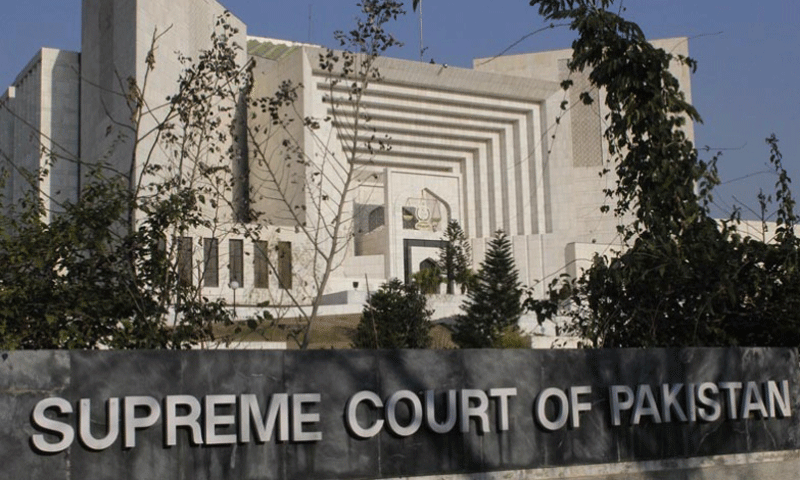Pakistan’s constitutional bench tenure extended despite chief justice’s opposition
Constitutional bench gets a 6-month extension amid opposition from top judges, backed by govt votes in the JCP meeting

Aamir Abbasi
Editor, Islamabad
Aamir; a journalist with 15 years of experience, working in Newspaper, TV and Digital Media. Worked in Field, covered Big Legal Constitutional and Political Events in Pakistan since 2009 with Pakistan’s Top Media Organizations. Graduate of Quaid I Azam University Islamabad.

The Judicial Commission of Pakistan (JCP) has extended the tenure of the Supreme Court’s Special Constitutional Bench by six months, despite opposition from Chief Justice of Pakistan Yahya Afridi and other senior judges.
The extension, approved by a majority vote on Saturday, was strongly supported by government representatives during the JCP meeting.
Opposition from senior judges
According to sources, the top four judges of Pakistan’s judiciary, including Chief Justice Afridi, opposed the extension. However, Justice Aminuddin Khan, the fifth most senior judge, cast the deciding vote in favor of the extension.
“Justice Aminuddin Khan also voted for himself as a member of the Judicial Commission of Pakistan,” sources added.
Justice Jamal Khan Mandokhel had proposed that all Supreme Court judges be included as members of the Constitutional Bench to ensure broader representation. However, his suggestion was rejected by the government-backed majority.
Rules for judicial appointments approved
In a sperate meeting chaired by Chief Justice Afridi, the JCP approved the amended Judicial Commission (Appointment of Judges) Rules 2024. The meeting lasted eight hours and included a detailed review of public feedback on the proposed rules.
The new rules require candidates for judicial appointments to undergo medical evaluations to ensure physical and mental fitness. High court chief justices will now be selected from the three most senior judges of their respective courts.
These rules, published on the Supreme Court’s website, aim to establish clear, merit-based criteria for judicial appointments, including professional qualifications, legal ability, communication skills, and integrity.
Govt's role and constitutional amendments
The developments reflect the impact of Pakistan’s 26th Constitutional Amendment, which shifted judicial appointment powers toward the executive branch. This change has heightened the role of government representatives in critical decisions like the extension of the Constitutional Bench’s tenure.
Confidential deliberations
The JCP reiterated its commitment to confidentiality, conducting all proceedings in-camera. Only summaries of decisions, excluding deliberations, will be published on the commission’s website.
The chairperson is tasked with ensuring that discussions remain focused on nominees’ merits and adherence to prescribed criteria.
Divided judiciary
The extension of the Constitutional Bench’s tenure highlights the ongoing tensions between Pakistan’s judiciary and executive branches. While the government succeeded in pushing through the extension, the dissent from senior judges underscores the deep divisions within the judiciary.
This decision is expected to influence future judicial appointments and further debates on the balance of power in Pakistan’s legal system.









Comments
See what people are discussing